Plea for events to control noise from spectators’ boats
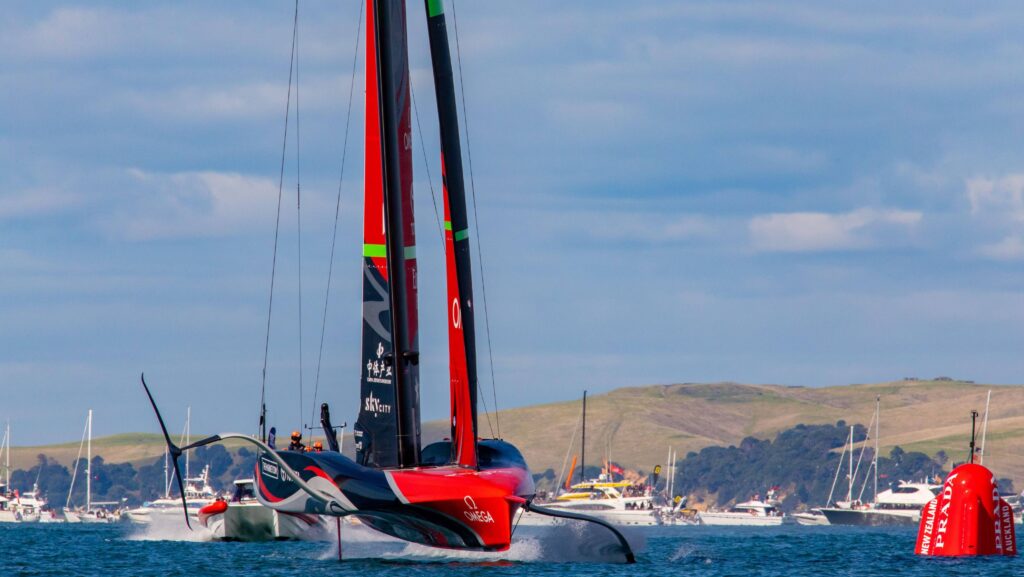
International sailing events should try to reduce the underwater noise they create to avoid impacting marine wildlife, new research led by Heriot-Watt University in Edinburgh, Scotland, suggests.
Researchers who looked at the noise made during the last America’s Cup have now produced a list of suggestions to help lower the effects of large flotillas on marine wildlife, including turning off echosounders while idling, and staggering exits post race so flotillas aren’t so large.
The scientists from the university’s Institute of Life and Earth Sciences found that noise from large groups of spectator boats – some of them with hundreds of motorised vessels – was loud and sustained long enough to potentially impact marine mammals, fishes and invertebrate species who rely on their intricate hearing systems for processes such as foraging, communication, reproduction, orientation and avoiding predators.
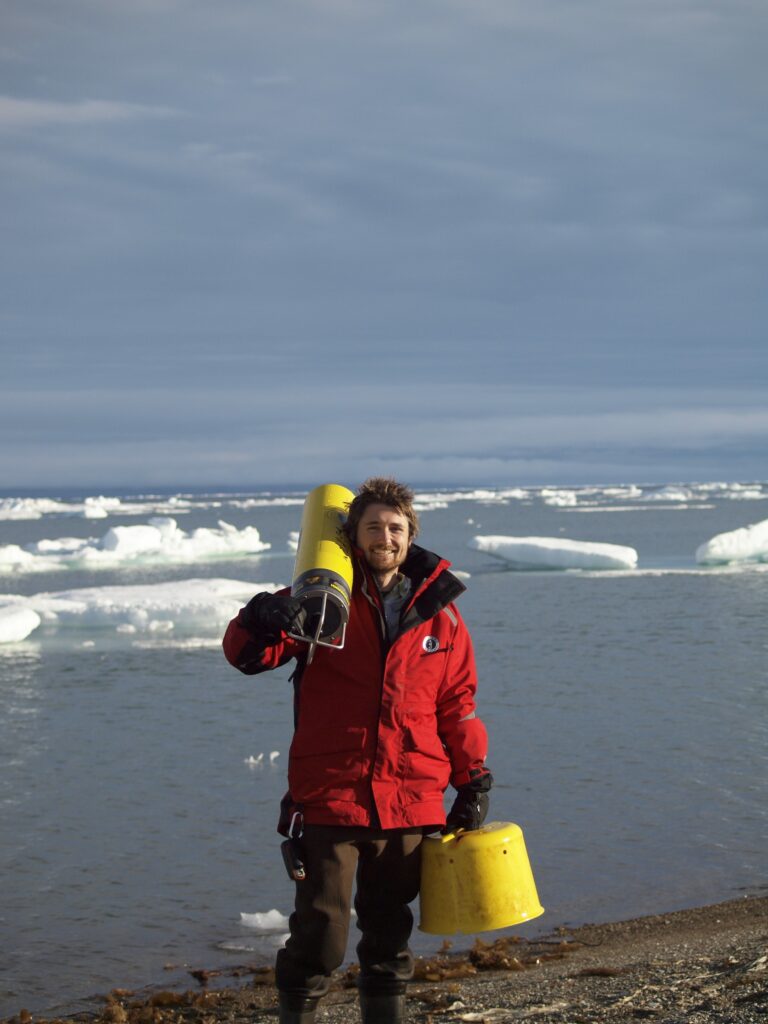
“When sailing events like larger regattas are being planned, the potential impact of underwater noise pollution from spectator flotillas should be considered, especially for events happening in ecologically significant areas,” says Matt Pine (pictured left carrying a hydrophone used to record noise levels and identify marine mammal vocalisations), an Honorary Research Fellow at Heriot-Watt’s School of Energy, Geoscience, Infrastructure and Society, who led the research.
“Underwater noise from motorised vessels is particularly problematic, as studies have found it increases stress levels in many marine species and can reduce their success in reproduction, foraging and social interactions. Noise pollution can also cause some species to avoid or move away from their original habitats.”
All large internationally renowned sailing events should make greater efforts to limit the potential impacts of underwater noise from motorised vessels, Pine and fellow authors Charlotte Findlay, Emily Hague, Anna Kebke and Lauren McWhinnie concluded.
The research, published in the journal Marine Pollution Bulletin, involved collecting and measuring acoustic recordings around racecourses during the 36th America’s Cup in the Hauraki Gulf, New Zealand, in 2021.
“While there has been quite a bit of effort to address the impact of vessels hitting whales at sailing events there has been less focus on other impacts,” says McWhinnie.
When the America’s Cup went to Auckland, McWhinnie and Pine were actually collecting data for another study. However, the recorders picked up the noise from the boats watching the races.
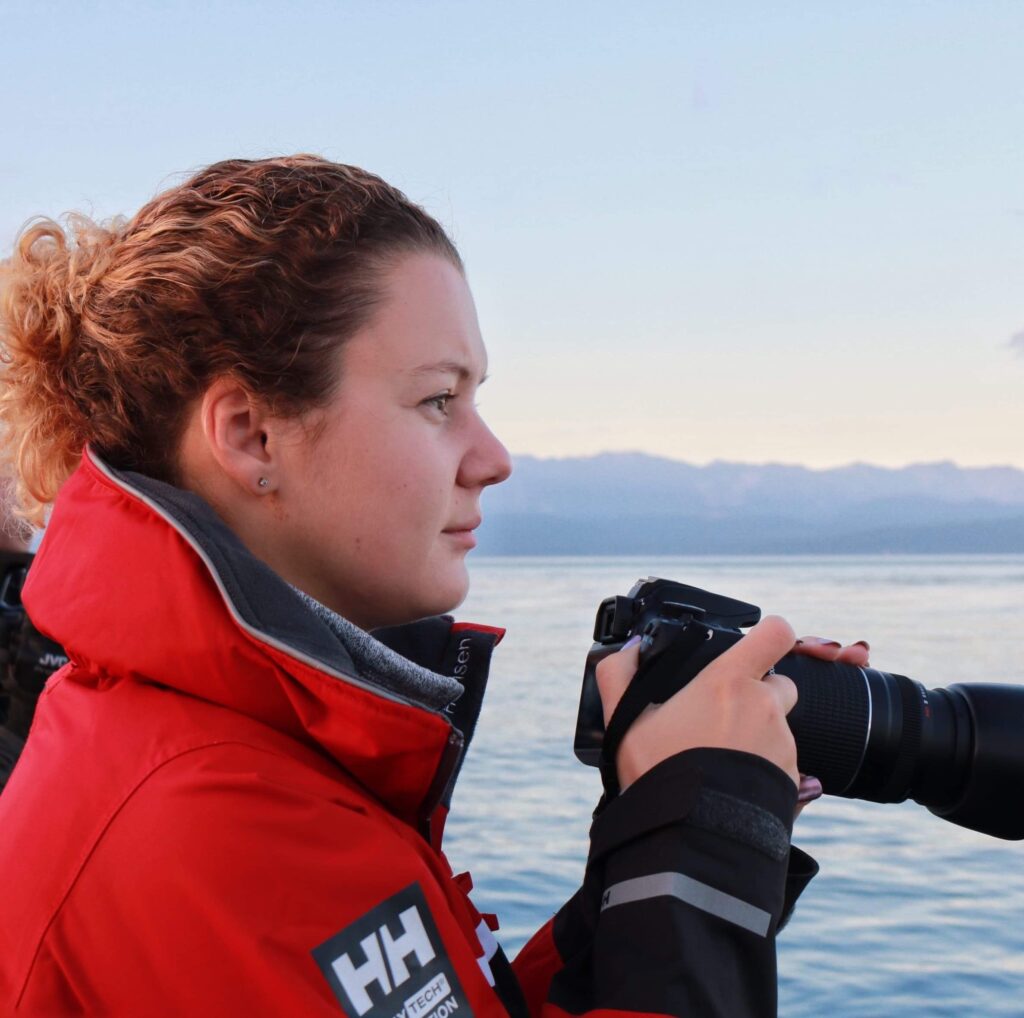
“We had previously discussed the potential implications for marine soundscapes at such races when there are sizeable spectator flotillas, so this data presented us with an opportunity [and] allowed us to quantify and explore this in more detail,” says McWhinnie (left).
She says that different types of vessel have different noise outputs. “The majority of ‘vessel’ noise is actually caused by something called cavitation that occurs due to the propellor cutting through the water and causing a pressure differential.
“The type and size of propellor plays a big factor, but so does the speed and size of the vessel. The environment where the boat is sailing in is also a factor as noise travels through the water column and this is affected by various physical factors including the water depth and substrate.
“There are no rules about which boats are the most noisy, but the point we are making here is that when you have a lot of boats (even if they are quite small and therefore perhaps not individually noisy) then collectively they generate a level of noise that can be quite impactful. The good thing about noise as a form of pollution however is that you can do something about it i.e. turning off engines or limiting the number of vessels in an area, and the issue is immediately improved.”
An estimated 10,468 vessels attended the three different race events of the 36th America’s Cup between December 2020 and March 2021, the researchers say. Up to 1,300 vessels a day also sailed to and from the racecourses at regular intervals. However, the superyacht contingent which was expected failed to show, according to the commodore of the Royal New Zealand Yacht squadron, Aaron Young, who at the time said that previously anticipated numbers were well down due to Covid-19. He estimated that about two thirds of those expected weren’t attending with the amount coming fewer than 40.
Sound levels from spectators’ boats five decibels higher on race days
The scientists found that sound level increases were observed several kilometres beyond the racecourses boundaries and remained high, well beyond the duration of the races themselves. On a typical race day, sound levels between 6am and 9pm were five decibels higher than on a ‘control day’ when no racing took place. This is roughly more than three times normal sound energy (essentially the vibration caused by sound) levels.
Protection measures taken by event organisers such as restricting spectator vessel speeds to 5 knots to reduce the risk of striking marine mammals will also have helped reduce underwater noise levels, the researchers acknowledge. But further improvements are needed they argue. These could include introducing designated areas where spectator vessels are encouraged to congregate. Marine mammal detection platforms could also be used to identify visually or acoustically when animals are near spectators, so best noise practices could be adopted or monitored.
Other suggestions include staggering the exit of vessels to break up spectator flotillas into smaller groups and encouraging spectators to watch from on-land locations. Spectators could also be given guidance on measures or behaviour changes to reduce the amount of noise from their vessels. For example, avoiding sudden speed changes and turning off echosounder navigation devices while the boat is idling.


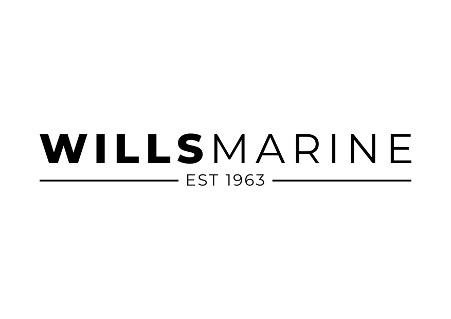
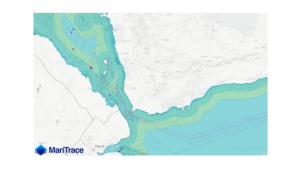
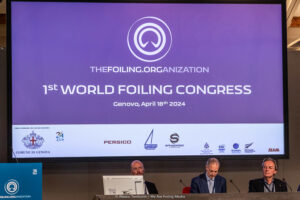







This is ridiculous. Don’t host the event if you don’t want people to come view it.
It sounds like with a little care we could easily reduce the negative affect of noise without spoiling the race.